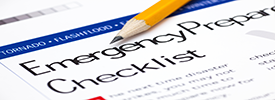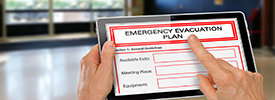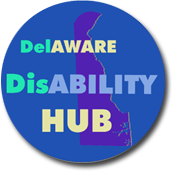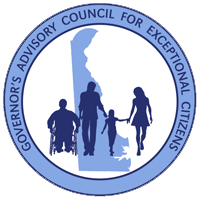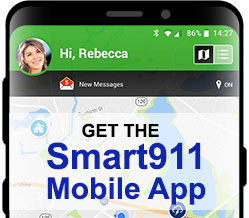 Emergency preparedness refers to the steps taken to be ready to respond to and survive during an emergency.
Emergency preparedness refers to the steps taken to be ready to respond to and survive during an emergency.
Some examples of large scale emergencies that are typically thought of when discussing emergency preparedness include natural disasters (hurricanes, earthquakes, tornadoes, flooding) and wide spread disease outbreaks (avian flu).
For individuals or families, emergency preparedness might also include plans to respond to a house fire, an extended power outage or an evacuation.
Emergencies Can Happen at Any Time - CALL 911
Plan ahead, so if ever there is an emergency, when you call 911, be calm. Be prepared to answer questions in a calm clear way. It may help if you take a couple of deep breaths before you call.
The important thing is to be calm so the dispatcher can get you the help you need.
Emergency
911Crisis Hotline
Northern Delaware: 800-652-2929
Central/Southern Delaware: 800-345-6785
National Suicide Prevention Hotline
800-273-8255
or text TALK to 741741
Learn Symptoms That Need Urgent Medical Help
- Sudden dizziness or fainting
- Severe vomiting or diarrhea
- Increased weakness
- Coughing up blood
- Seizure
- Loss of consciousness
- Hard time (labored) breathing
- Severe burns
- Feeling like you will hurt yourself
- Severe allergic reaction
- Sudden change in eyesight
- High fever
- Change in level of awareness or alertness (hard to wake up)
- You see a bad car accident
- Poisonous snake bite
- Someone is hurt bad
- Need a fire or police officer
Using 911
- How to Make a 911 Calls
- Smart 911 Emergency Profile Form [Spanish]
- Smart911 Medical Form
- Smart911 Seniors (Spanish)
- Text 911
Always Be Prepared for an Emergency
- Practice how you will tell others when you are having a medical emergency.
- Make sure you or somebody with you can explain ALL your health conditions and medicines.
- Be ready to call 9-1-1 if you or someone else is badly hurt or in danger.
- Be sure to have an In Case of Emergency (ICE) name and number saved in your cell phone.
- Learn about symptoms that would need 9-1-1 and symptoms that could wait long enough to drive to the nearest emergency room.
- Talk with your doctor about wearing a medical alert bracelet, if needed, and ask your doctor or search the web to find a bracelet that fits your needs.
- Always carry identification, your insurance card, and your emergency care plan (if you have one).
- Know where the closest emergency room is to your home, job, and other places you spend time.






